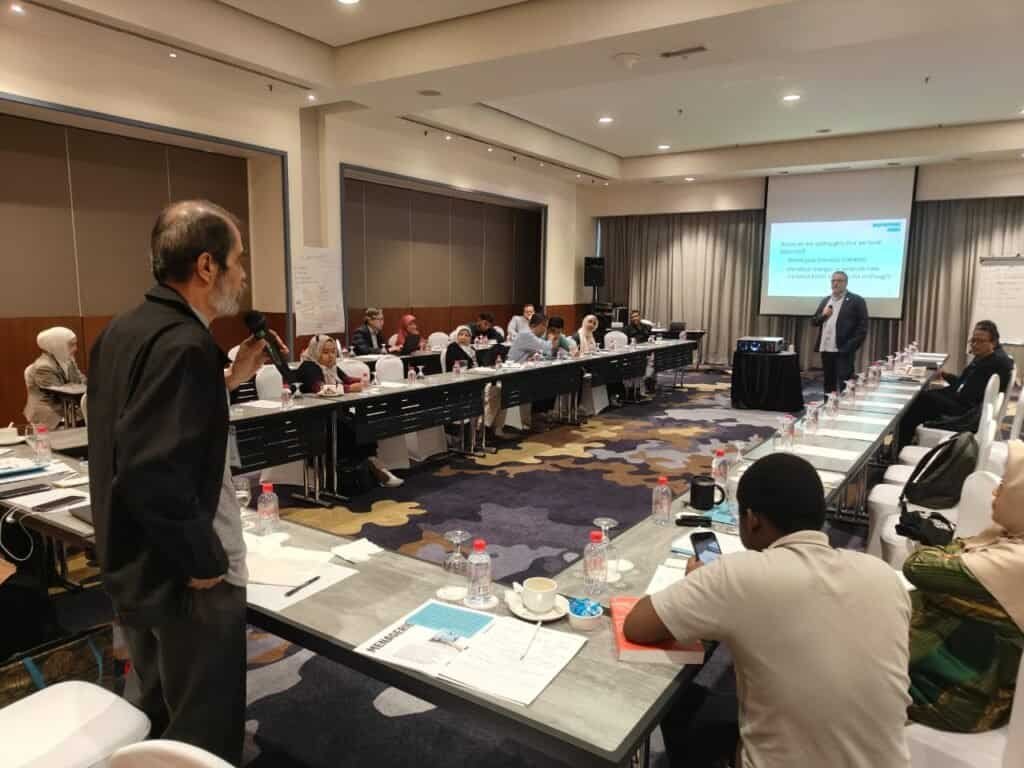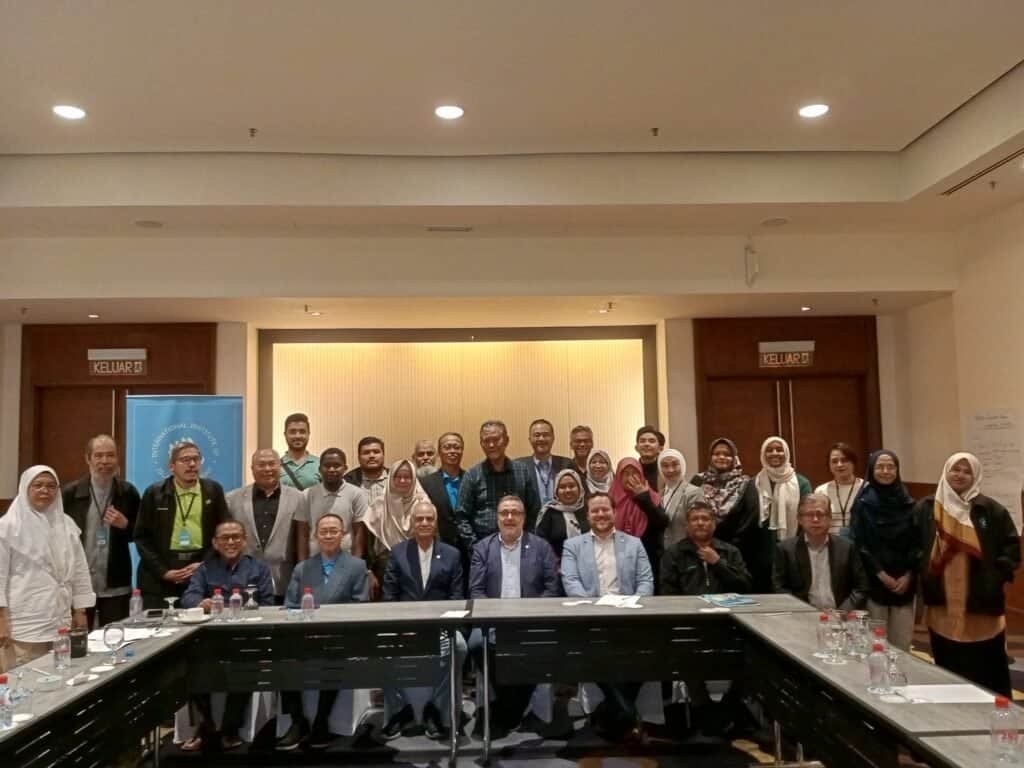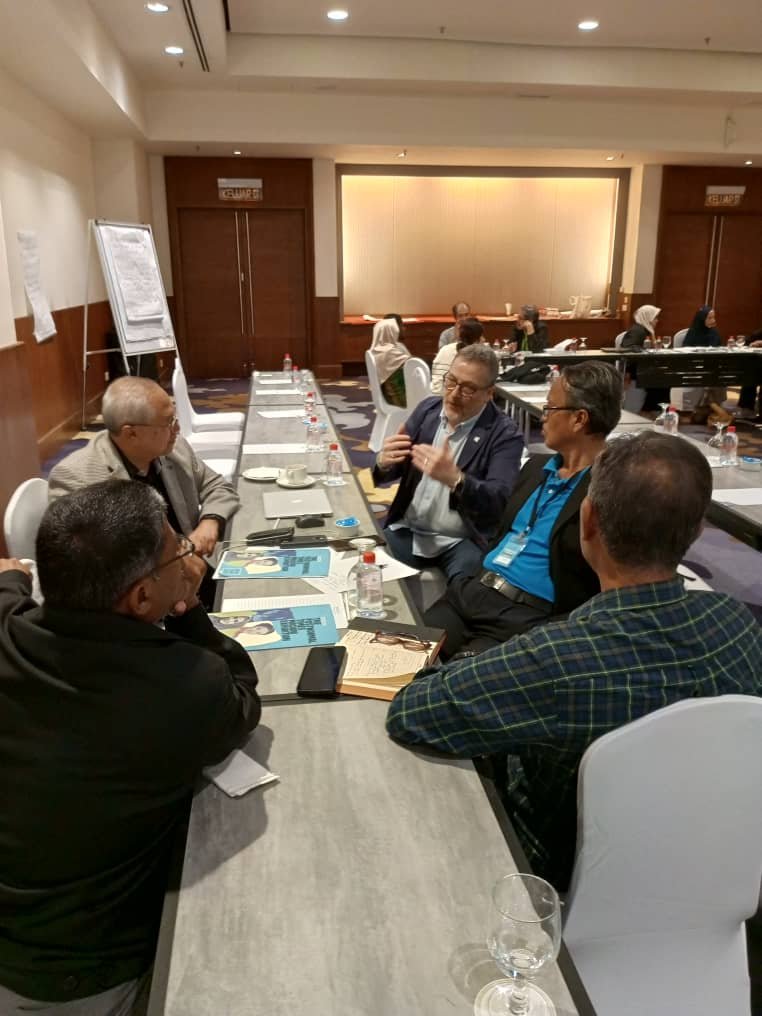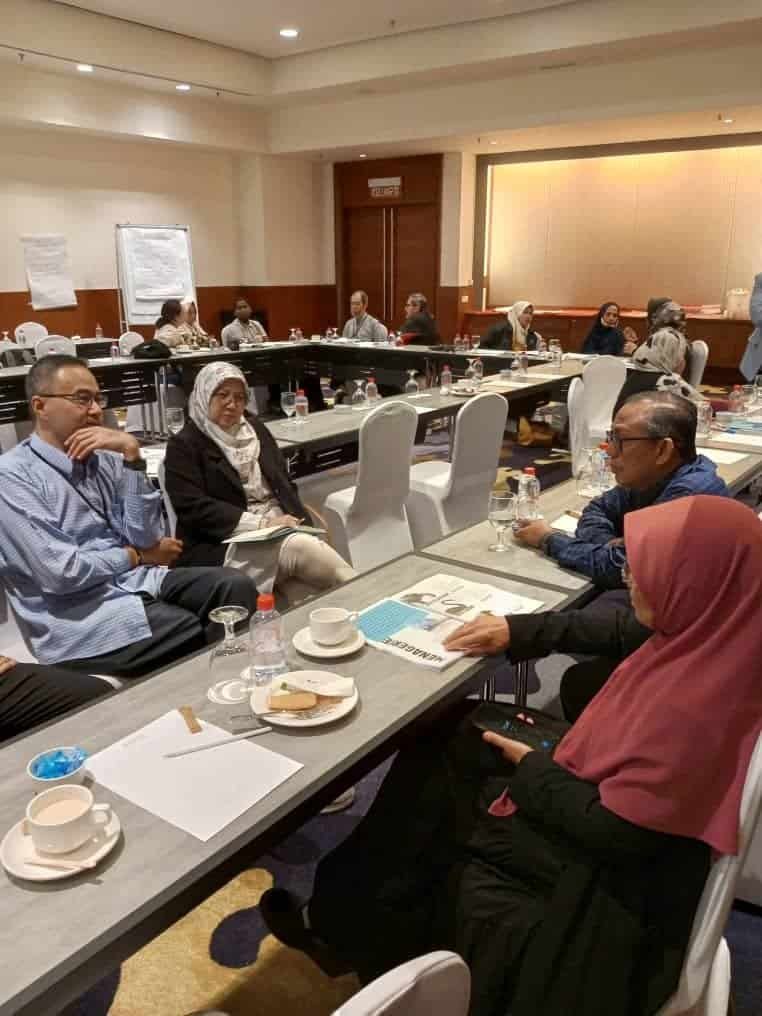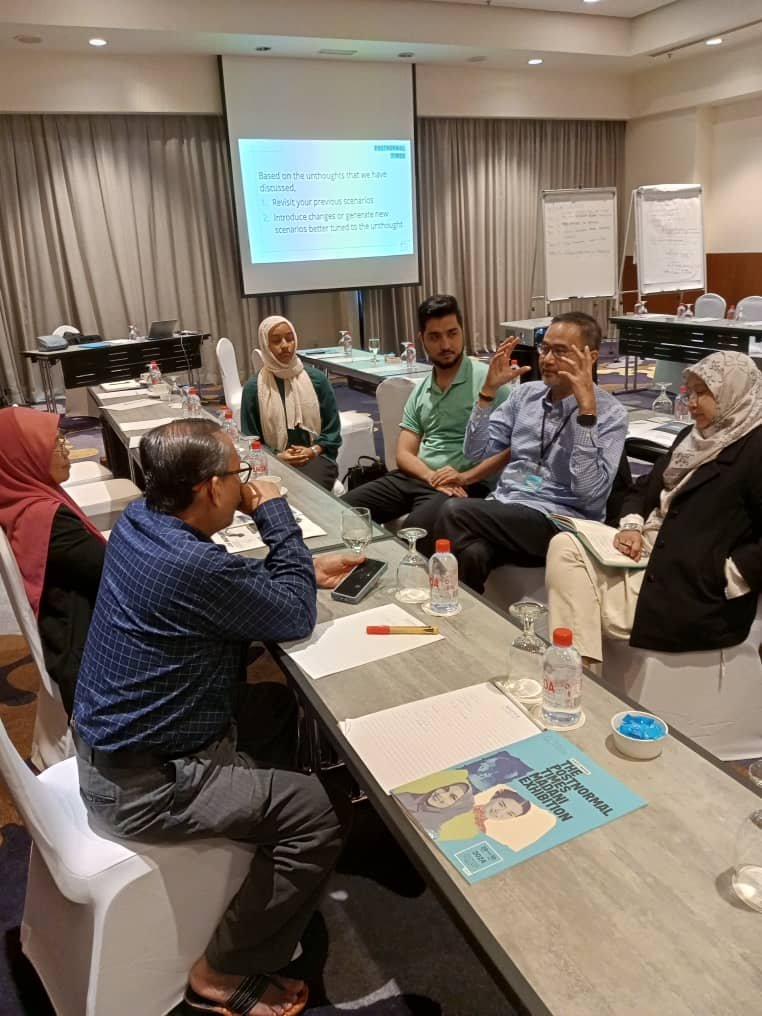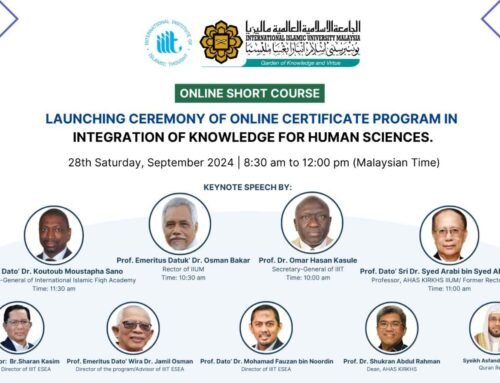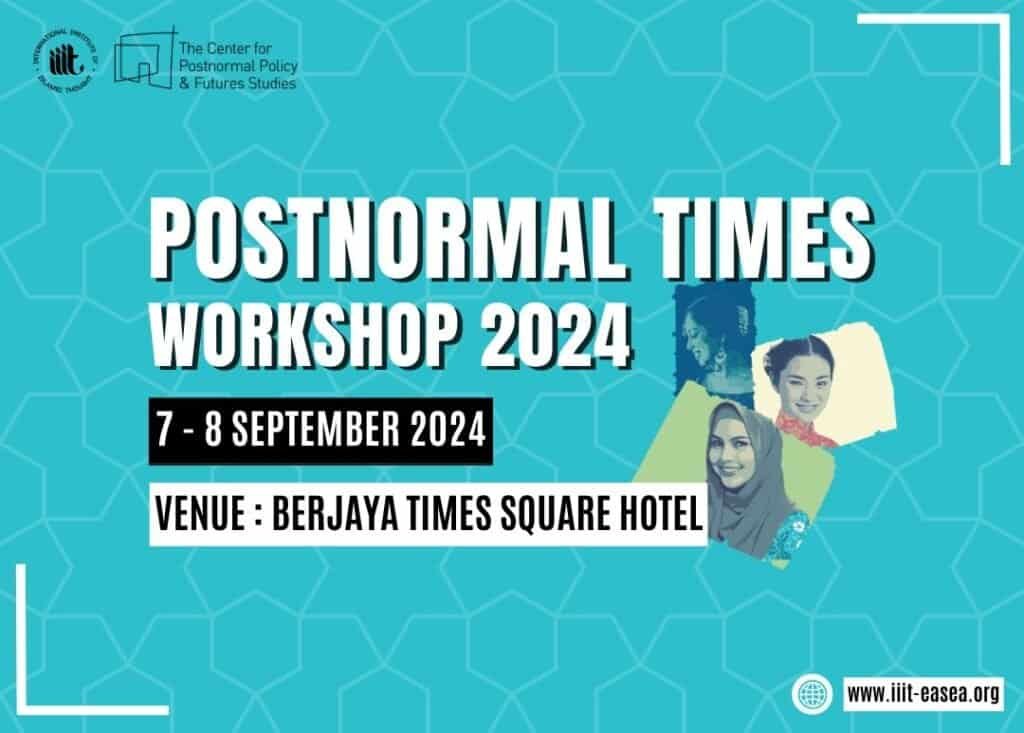
What just happened? It is a question we have asked before and one that more and more are asking at a steadily increasing regularity. It is a question that has permeated and lingered within the zeitgeist, especially in light of the ongoing pandemic. We are propelled to ask this question by the collective feeling that ‘little out there can be trusted or gives us confidence’. Ours is an age ‘characterised by uncertainty, rapid change, realignment of power, upheaval and chaotic behaviour. We live in an in-between period where old orthodoxies are dying, new ones have yet to be born, and very few things seem to make sense.’ From the man v. nature bewilderment, ineptitudes, and tragedy that has accompanied the flood wrought Monsoon season that ended 2021 to the political crises and trauma of the Covid-19 pandemic that have defined 2020-2021, Malaysia is no stranger to the postnormal times Ziauddin Sardar spoke of in the quotes above. And a decade since his penning ‘Welcome to Postnormal Times’ an opportunity for agency and empowerment still holds ready to navigate us out of these dark days.
With this problems, IIIT ESEA and CPPFS organized a workshop entitled Postnormal Futures to teach participants about the intricacies that punctuate and characterise postnormal times so that they may build on their understanding of futures studies to help make sense of our unstable, transitional age. It is our hope that through this introduction the participants will be able to build upon their understanding of futures studies, be equipped to research further into the theory and methodologies of postnormal times, and be able to seek higher understanding and agency over our increasingly desperate situations so that we may build from them into increasingly preferred futures. More than 30 participants attended this workshop and most participants had attended previous Futures Workshop. This workshop had discuss about issues such as future of Malays and racial unity in Malaysia , long learning education and the influcence of A.I. in politics.
